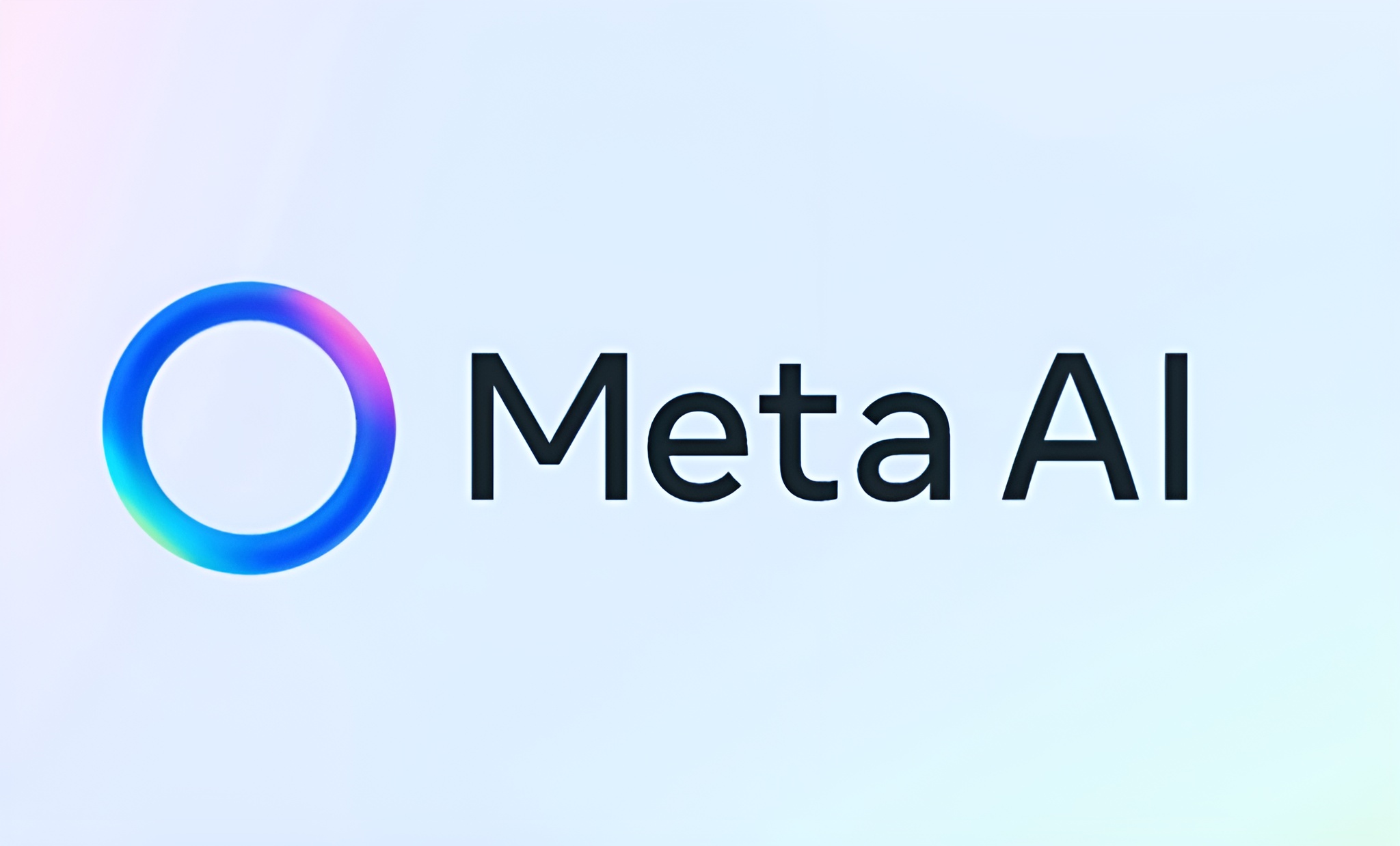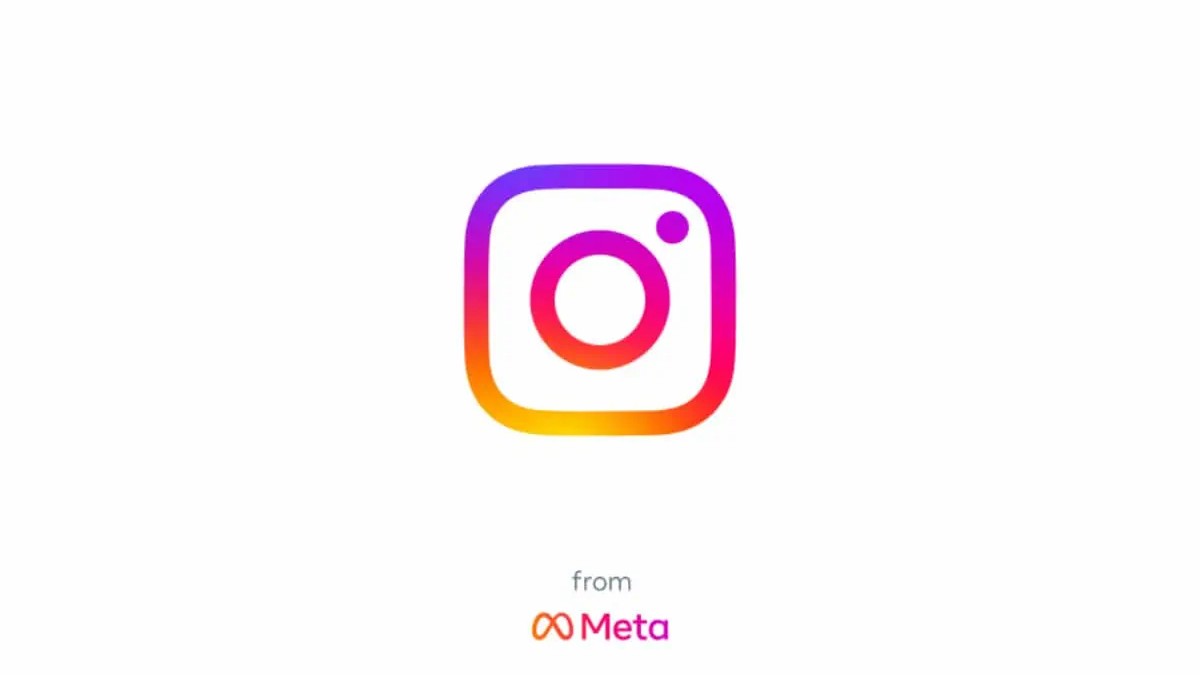
15 – 22 August 2025

Dear readers,
Last week, on Monday, Google agreed to pay a A$55 million (US$35.8 million) fine in Australia after regulators found it restricted competition by striking revenue-sharing deals with Telstra and Optus to pre-install its search app on Android phones, sidelining rival platforms. The Australian Competition and Consumer Commission (ACCC) said the arrangements, which were in place from 2019 to 2021, limited consumer choice and blocked competitors’ visibility. Google admitted that the deals harmed competition and pledged to drop similar practices, while Telstra and Optus confirmed that they no longer pursue such agreements. The settlement, which still requires court approval, comes amid wider legal and regulatory challenges for Google in Australia, including a recent loss in a case brought by Epic Games and growing scrutiny over its role in app distribution and social media access.
The United States and the European Union have agreed on a new Framework Agreement on Reciprocal, Fair, and Balanced Trade, aiming to reset one of the world’s largest trade relationships. The deal includes EU commitments to eliminate tariffs on US industrial goods, expand access for American agricultural and seafood products, and procure $750 billion in US energy exports and $40 billion in AI chips by 2028. In return, the US will cap tariffs on key EU goods, ease automobile tariffs, and pursue cooperation on steel, aluminium, and supply chain security. Both sides pledged deeper collaboration on defence procurement, digital trade, cybersecurity, sustainability rules, and standards harmonisation, while also working to resolve disputes over deforestation, carbon border taxes, and non-tariff barriers.
OpenAI CEO Sam Altman warned that the US risks underestimating China’s rapid AI progress, arguing that export controls on advanced semiconductors are an unreliable long-term solution. Speaking in San Francisco, he said chip restrictions and policy-driven approaches often fail due to workarounds, while China is quickly expanding its AI capacity and accelerating domestic alternatives through firms like Huawei.
On the same front, Nvidia is quietly developing a new AI chip for China, the B30A, based on its advanced Blackwell architecture, just as Washington debates how much US technology Beijing should be allowed to access. Positioned between the weaker H20 and the flagship B300, the B30A retains key features like high-bandwidth memory and NVLink, making it more powerful than China’s current scaled-down H20 approved model while staying within export limits. The move follows President Trump’s recent openness to allowing scaled-down chip sales to China, though bipartisan lawmakers remain wary of boosting Beijing’s AI capabilities. Nvidia, which relies on China for 13% of its revenue, also plans to release the lower-end RTX6000D for AI inference in September, reflecting efforts to comply with US-China export policy while fending off rising domestic rivals like Huawei, whose chips are improving but still lag in software and memory. Meanwhile, Chinese regulators have warned firms about potential security risks in Nvidia’s products, underscoring the political tensions shaping the company’s commercial strategy.
Private conversations with xAI’s chatbot Grok were unintentionally exposed online after its ‘share’ button generated public URLs that became indexed by Google and other search engines, raising serious concerns about user privacy and AI safety. The leaked chats included sensitive and dangerous content, from hacking crypto wallets to drug-making instructions, despite xAI’s ban on harmful use. The flaw, reminiscent of earlier issues with other AI platforms like ChatGPT, has damaged trust in xAI and highlighted the urgent need for stronger privacy safeguards, such as blocking the indexing of shared content and adopting privacy-by-design measures, as users may otherwise hesitate to engage with chatbots.
Meta is launching a new research lab dedicated to superintelligence, led by Scale AI founder Alexandr Wang, as part of its push to regain momentum in the global AI race after mixed results with its Llama models and ongoing talent losses. Mark Zuckerberg is reportedly considering a multibillion-dollar investment in Scale, signalling strong confidence in Wang’s approach, while the lab’s creation, separate from Meta’s FAIR division, underscores Meta’s shift toward partnerships with top AI players, mirroring strategies used by Microsoft, Amazon, and Google.
Japanese technology giant SoftBank has announced plans to buy a $2 billion stake in Intel, signalling a stronger push into the American semiconductor industry. The investment comes as Washington debates greater government involvement in the sector, with reports suggesting President Donald Trump is weighing a US government stake in the chipmaker. SoftBank will purchase Intel’s common stock at $23 per share. Its chairman, Masayoshi Son, said semiconductors remain the backbone of every industry and expressed confidence that advanced chip manufacturing will expand in the US, with Intel playing a central role.
For the main updates, reflections and events, consult the RADAR, the READING CORNER and the UPCOMING EVENTS section below.
Join us as we connect the dots, from daily updates to main weekly developments, to bring you a clear, engaging monthly snapshot of worldwide digital trends.
DW Team
RADAR
Highlights from the week of 15 – 22 August 2025
The Frontier Stable Token marks the first government-backed stablecoin in the US, with Wyoming positioning itself as a leader in digital finance innovation.
With the V3.1 upgrade now live and the R1 label missing, observers are debating whether DeepSeek has postponed or abandoned its R2 reasoning model entirely.
The former Twitter chief executive argues that AI agents will soon dominate the internet instead of humans, with individuals likely to deploy dozens to manage daily online activity.
Strangeworks acquires German firm Quantagonia to expand European operations and bring AI-powered, quantum-ready planning technology to more organisations.
Government plan tackles talent shortages and chip supply disruption.
Nearly nine in ten developers are using AI agents to speed up coding, testing, and localisation, while also adapting games to players in real time.
Regulators urge safeguards for AI toys as children gain interactive companions that teach and engage instead of relying solely on human interaction or screens.
Malware steals passwords, crypto data and system info without clicks.
The platform allows users to conduct market research, plan products, design prototypes, check regulations, and find distributors in minutes rather than weeks.
Competitors Grok, Claude, and Copilot trail far behind as ChatGPT leads in downloads and consumer spending per user.
HTC’s entry into this market is significant as it competes with established players like Meta, Google, and Samsung, each developing or already offering advanced smart glasses technology.
Key concerns include the potential for widespread job displacement as AI systems replace human workers, significant environmental harm due to the substantial energy usage of AI models, and privacy erosion…
A $45 million Bitcoin donation accepted without checks has turned into a major Czech political scandal, now focused on money laundering and drug trafficking.
Trump criticises Intel leadership, urging board action.
READING CORNER
As the Trump-Putin summit brought Alaska into focus, its overlooked telegraph cables reveal a fascinating history: in the late 19th century, Alaska was on the brink of becoming a telecommunication hub connecting the US to Europe via Siberia.
Can AI replace the transmission of wisdom? The world of education is changing radically and rapidly. Generative AI tools are now capable of writing essays, solving math problems, summarising textbooks, and even personalising learning experiences at scale.
English dominates the AI landscape, but this hegemony can hinder our understanding of AI’s deeper, non-technical aspects. The recent explosion of AI jargon often obscures meaning and can lead to cognitive confusion. Embracing our native languages allows us to deflate this jargon, fostering clearer, common-sense comprehension of AI concepts.
AI offers tools to expand access to justice globally, but without transparency, oversight, and human-rights safeguards, it risks deepening bias, exclusion, and eroding public trust.
How is money shaping foreign policy? Learn how countries use sovereign wealth funds and strategic investments as powerful tools for foreign policy and soft power.




























